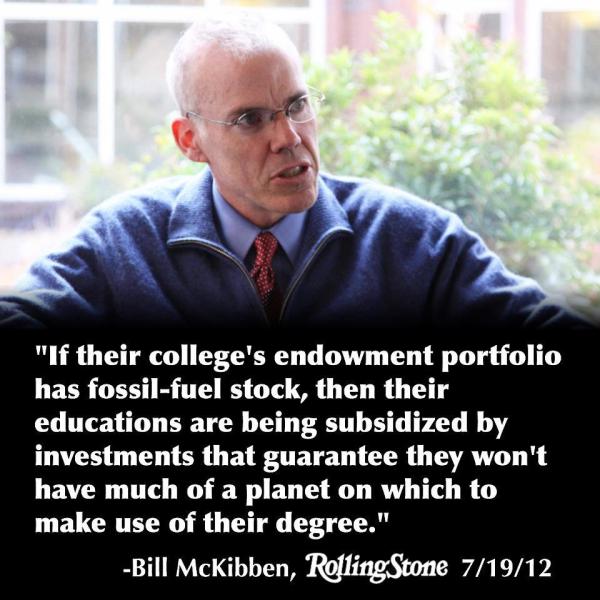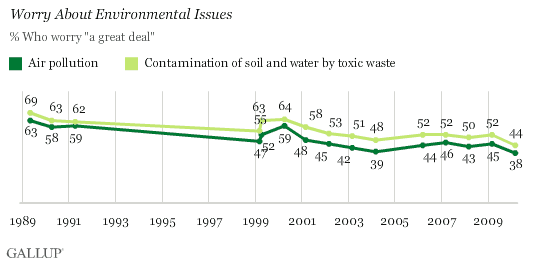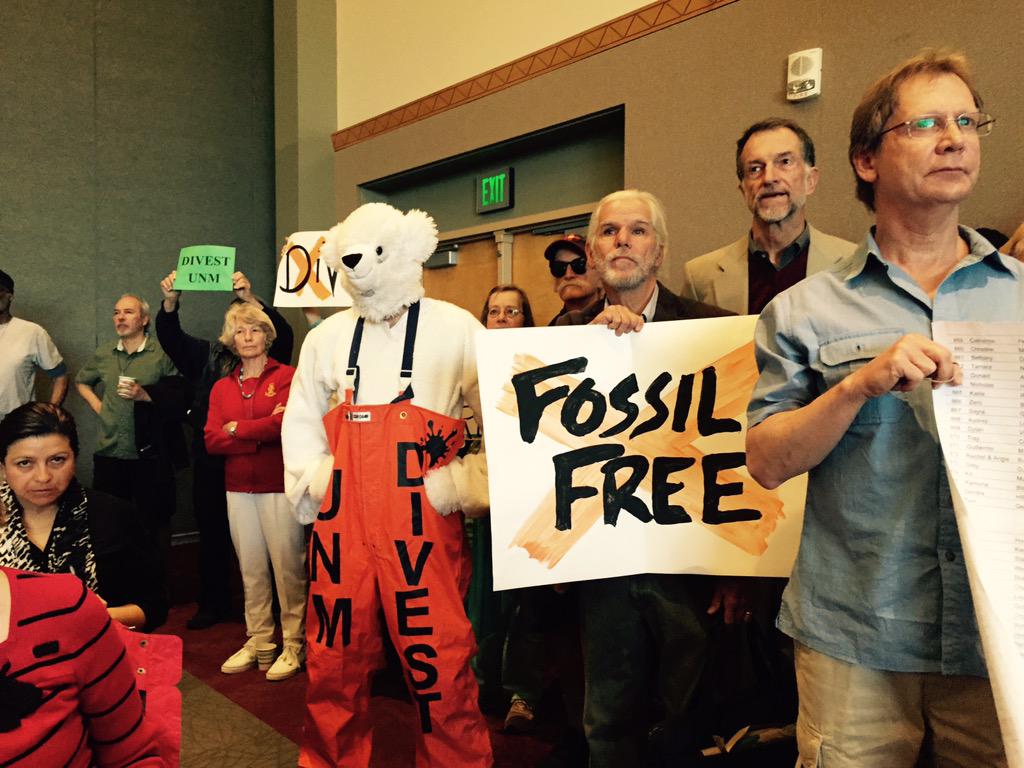
In New Mexico, old economic-development habits are hard to break.
The pressure for a special legislative session to pass a capital-outlay bill exemplifies the political establishment’s inability to understand the policies that foster a dynamic and diversified economy. Republicans and Democrats, architects and artists, businesses and unions are complaining the 2015 regular session failed to appropriate hundreds of millions of dollars for what Sen. Michael Sanchez, D-Belen, called “critical community infrastructure.”
Construction/maintenance of roads, highways, libraries, airports, hospitals, museums and schools is reflexively viewed as an unalloyed good. But it’s important to remember that capital expenditures are funded not by a magical money tree, but income redistribution. Whether the infrastructure projects are paid for by the statewide property tax (general-obligation bonds), levies on natural resources (severance-tax bonds), the gas tax (transportation bonds), or general-fund revenue, there is no free lunch.
According to Edward Glaeser, an economics professor at Harvard, “Infrastructure investment only makes sense when there is a clear problem that needs solving and when benefits exceed costs.” But New Mexico’s capital outlays are not selected by an impartial panel of experts charged with pursuing the highest return on taxpayer investment. An investigation by the website New Mexico In Depth discovered that the Land of Enchantment “appears to be the only state that allows lawmakers to divide a set amount of money in a method often known as ‘pork-barrel politics.’” Reporter Sandra Fish spoke to the dean of the College of Urban Planning and Public Affairs at the University of Illinois at Chicago, who averred that New Mexico’s system “certainly wouldn’t be in the textbooks about how to do capital improvement planning. In fact, it would be the illustration about how not to do capital improvement planning.”
At the close of the regular session, Gov. Susana Martinez charged that the failure to pass a capital-outlay bill “killed many jobs throughout the state.” But as a job creator, infrastructure consistently disappoints. A 2013 paper by George Mason University’s Mercatus Center found that unemployment for “those with the skills to build roads or schools … [is] often relatively low. Moreover, it is unlikely that an employee specialized in residential-area construction can easily update his or her skills to include building highways.”
The Heritage Foundation’s James Sherk believes that arguments for infrastructure as job creation and economic development “have little empirical justification.” Nationally, the labor analysts noted, “just over 300,000 Americans work in highway, street or bridge construction — less than the population of Wichita, Kansas.”
Employment once projects are completed can fail to meet expectations, too. Costly and underused, Spaceport America serves as a bitter reminder that the political process frequently produces unwise infrastructure.
Perhaps the most frustrating aspect of the public-infrastructure fetish is its failure to recognize a role for the private sector. As the Cato Institute’s Chris Edwards observed, “Before the 20th century … more than 2,000 turnpike companies in America built more than 10,000 miles of toll roads. And up until the mid-20th century, most urban rail and bus services were private.” Globally, there’s a back-to-the-future trend — for-profit entities are increasingly engaged in infrastructure, providing relief to taxpayers and impressive performance for users. Sometimes, full privatization is implemented. In other cases, businesses compete for management contracts of government-owned assets. It is neither a partisan nor an ideological development. Even the Center for American Progress, the White House’s favorite think tank, believes that “private investment is critical to improving the country’s infrastructure.”
At $3,470, New Mexico’s per capita indebtedness in 2013 was higher than each of its five neighbors. Yet the borrowing boom has not reversed the state’s struggles. We have yet to regain the number of jobs we had before the Great Recession, and the Census Bureau recently documented that New Mexico is losing population.
The failure to pass a capital-outlay bill in 2015 is not a crisis. Rather, it offers a moment of clarity for rethinking how and why the state borrows money for infrastructure projects. It also presents New Mexico’s policymakers with an opportunity to turn their attention back to tax reform, deregulation and a right-to-work law — cost-free and proven economic-development measures that promise far better results than “public investments.”
D. Dowd Muska ( dmuska@riograndefoundation.org) is research director of New Mexico’s Rio Grande Foundation, an independent, nonpartisan, tax-exempt research and educational organization dedicated to promoting prosperity for New Mexico based on principles of limited government, economic freedom and individual responsibility.




















